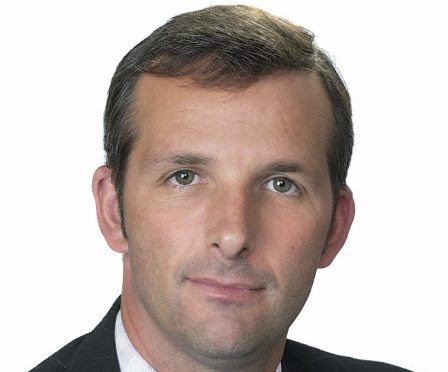The Scottish Liberal Democrats will open their spring conference today with a bid to scrap crippling energy surcharges in the north of Scotland.
Rural and island residents currently face having to pay hundreds of pounds more a year for heating and lighting than their urban counterparts.
Now, the Scottish Liberal Democrats are bringing forward a motion that will call for a “flattened out” approach to pricing in a bid to end the energy bills “postcode lottery”.
If approved by members today, the motion, which is being brought forward by Highlands and Islands list candidate David Green, will become a manifesto commitment ahead of the election on May 5.
Orkney MSP Liam McArthur said: “My constituency, and communities across the north of Scotland, make a substantial contribution to producing the energy that we use in Scotland.
“We have the potential to create even more through our rich renewable resources. It is all the more galling therefore for people in the islands and north of Scotland to find they are paying over the odds for their electricity.”
According to analysis by energy regulator Ofgem, consumers across the north of Scotland and islands continue to pay an extra £86 for power each year because of a 2p-per-unit surcharge.
Some campaigners, including the Western Isles Fuel Poverty Action group, have claimed the annual cost of the 2p-per-unit surcharge to be upwards of £300.
The Press and Journal launched a campaign calling for an end to the “postcode lottery” distribution system – and has won the backing of energy giant SSE, leading politicians and powerful regulators.
More than half of Highlands and islands residents are currently living in fuel poverty, which Mr McArthur believes is a direct result of the higher pricing.
He added: “Many people are still facing an impossible choice between keeping the lights on and feeding their families.
“This needs to end.”
Energy minister Andrea Leadsom agreed it was “not right” that people “face higher electricity costs just because of where they live”.
The UK Government recently announced plans to continue with the Hydro Benefit Replacement Scheme, funded by charges on all licensed suppliers across Great Britain, which was due to provide £57million assistance – around £41 per affected household – this year.
